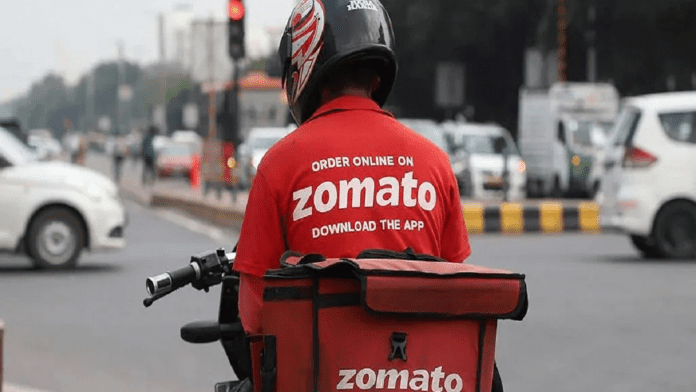Zomato, India’s popular food delivery firm, has recently launched a new initiative called ‘The Shelter Project’ to support gig workers and delivery partners from various companies. The project involves the creation of Rest Points, which are public facilities offering essential services such as clean drinking water, phone charging stations, washrooms, high-speed internet, a 24×7 helpdesk, and first-aid support.
The company has already set up two Rest Points in Gurugram, and they plan to build more in densely populated food delivery areas. This initiative aims to support gig workers who often work long hours and have limited access to basic amenities during their work hours. The Shelter Project aims to provide a safe and comfortable environment for gig workers, especially during their breaks.
This move comes as gig workers’ working conditions have faced criticism in India, with reports suggesting that many gig economy companies do not provide adequate support to their workers. In December 2022, a report from Fairwork India highlighted the poor working conditions provided by some companies, including ride-hailing companies like Uber and Ola, quick commerce platform Dunzo, online pharmacy PharmEasy, and delivery platform Amazon Flex. Among the top performers were Urban Company and Tata Group-owned BigBasket.
Zomato said “We believe that by providing a space for all delivery partners to rest, recharge and take a moment for themselves, we can create a better environment that promotes their physical and mental health,”
Fairwork India assesses digital platforms based on five principles, including pay, conditions, contracts, management, and representation, and awards basic and advanced points for each principle. Zomato received four points in their evaluation, while Swiggy’s rival, Zepto, received two points.
Recently, the Rajasthan government announced the Gig Workers Welfare Act, which includes the establishment of a board and a welfare fund of INR 200 crores to support gig workers. The Chief Minister, Ashok Gehlot, stated that gig workers work with companies like Ola, Uber, Swiggy, Zomato, Amazon, and others, and their numbers are increasing. The Gig Workers Welfare Act aims to protect these workers from harassment and ensure their well-being.
Overall, initiatives like The Shelter Project and the Gig Workers Welfare Act are critical in providing support and protection to gig workers, who are an essential part of the Indian economy. By recognizing and addressing the needs of gig workers, companies and governments can create a more inclusive and sustainable economy for all.





